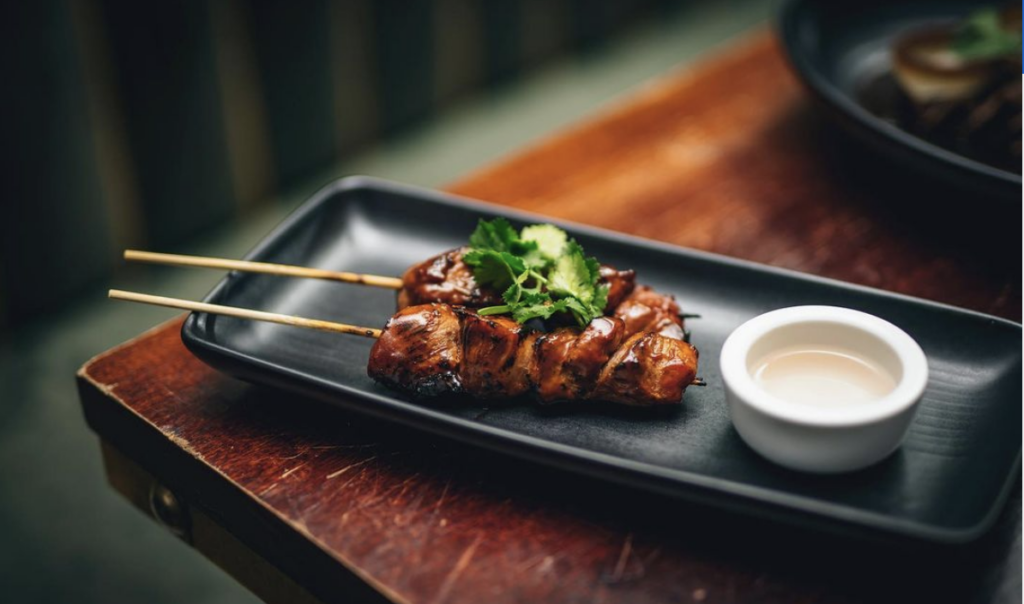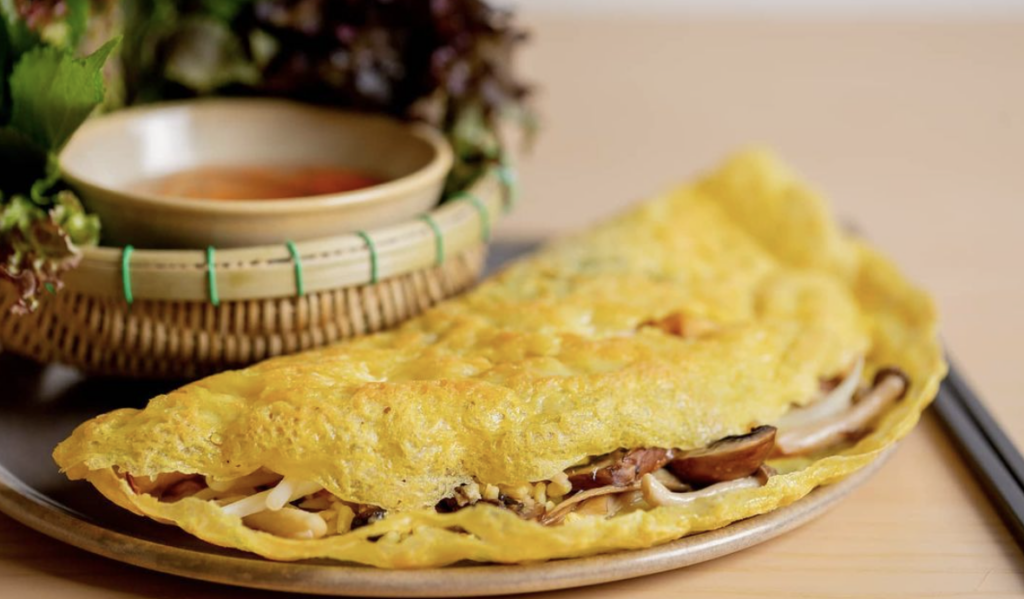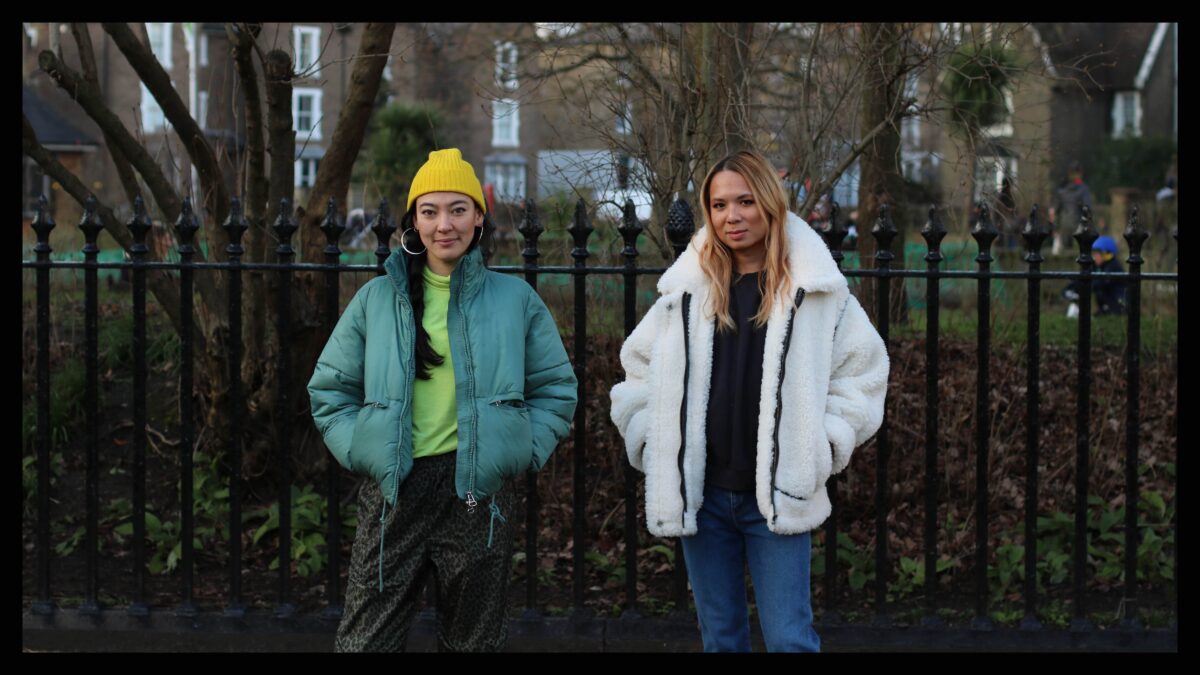Two London based friends discuss producing their cookbook Recipes Against Racism, and the meaning of food in their cultures
Claire Sachiko Fourel and Lex Shu Chan, like many Londoners, are “third culture kids.” Chan was born in Canada and raised in Hong Kong before they completed their education in Britain, while Fourel was born in London to a French father and a Japanese-American mother. The duo met in law school ten years ago, although their “culinary adventures” as they call them, did not start till a little later when they began attending supper clubs and music events together. Soon food became a way of storytelling for them where cultural and personal connections could intertwine.
When the start of the pandemic a year ago was accompanied by a wave of increased anti-Asian racism, food seemed to them like an obvious go-to. Fourel and Chan collected recipes from London’s top Asian chefs into a digital Recipes Against Racism, which can be downloaded for a donation. The proceeds from downloads will be equally split between charities, Stop Hate UK and End the Virus of Racism.
You’re both lawyers, when did you first become interested in food?
Lex Shu Chan: Food has always been a big part of my upbringing. I grew up in Hong Kong and in my family, food meant sitting around a dinner table together. It wasn’t just about eating but it also provided a time when our family would all be coming together.

Claire Sachiko Fourel: It’s a little bit similar for me. My dad is French and my mum is Japanese-American, and in French culture the whole day is structured around meal time. Actually, when I was younger, it was a bit frustrating because you could go on holiday with your French family and that would be the whole day: you’d go to the market and you’d get the food for the day, then you’d spend the morning preparing it, then you’d eat, then you would need to have a nap – well adults would need to nap to recover from that – and then you would eat dinner.
For me it also has significance from an immigrant perspective. My great grandparents emigrated to America, but in America it is a bit of what we call a salad bowl rather than a melting pot. And actually, food is a way of people staying connected to their homeland, for example by continuing to seek out and cook Japanese food, even though my family emigrated a hundred years ago. I think it’s similar for diaspora communities around the world, that food takes on a significance that is greater than to the communities back home.
How did the idea for the cookbook come about?
Claire Sachiko Fourel: It was motivated by the rise in racism against Asian communities around the world. But we also thought a cookbook was a good idea because everyone was at home, and food was kind of the highlight of the day. We thought that it could be a really positive way to engage people in anti-racist conversations who might otherwise not think about the racism that is happening.
Western chefs and food writers might have been very happy to engage with Asian cuisine and culture without problematising it. Do you think this is something which should change?
Claire Sachiko Fourel: I think there’s been a global awakening of consciousness, which was triggered by the murder of George Floyd. And this idea of consumption of culture and then the understanding where that culture comes from – the idea of cultural appropriation. I think there are a lot more in depth and nuanced conversations that are now happening as a result of that.
But personally for me, there is a balance to be struck. Food can be political and we see that from studies of famine or just the use of a particular ingredient. And I don’t think we should ignore that, but equally, I think that food can be a celebration, and positivity and levity. And if we’re only talking about the politics of foods that can also detract from the positive messaging that it can have.

Lex Shu Chan: I’m a lawyer in the fashion industry. And, you know there has been quite a lot of conversations around cultural appropriation and fashion and we are definitely now seeing more of those conversations when it comes to food. There was the case with Bon Appétit, where there was a recipe audit because there have been some complaints that they were not always culturally sensitive.
So I kind of concur with Claire that conversations can be political, as well as a way of positive storytelling and engaging communities in a way that furthers conversations around issues like cultural appropriation. And even if not everyone agrees, it’s helped me to further those conversations.
What are your favourite recipes in the cookbook?
Claire Sachiko Fourel: The dumpling recipe is one that I and Lex have been doing quite a lot in lockdown, but there is another one which is probably the most challenging but it is a labour of love. It’s the oil blanched mullet. We got this recipe from two French-trained Korean chefs who are bringing Korean flavours and ethos into their cuisine, so it’s very interesting to see how they combined that style of cooking with their heritage.
In December – it was my birthday and the day before London went back into lockdown – we were very lucky to be able to visit their restaurant [Sollip]. We were talking to the chef to explain our project and congratulate him on starting a restaurant in lockdown, because I think he opened in the summer. While we were there, a person who was in the restaurant accosted us and asked if we had any prawn crackers, because he was still hungry. And, I could just see that this poor chef was so mortified and, in a very Asian style, he was ignoring it and rising above it. Maybe some people thought he was joking, but you could tell he was just trying to belittle the chef and then he turned to our friend who was British Indian and asked if they had any chapati. It was very upsetting to see that but also validating because it showed us how important and necessary our project is.
There has been quite a lot of buzz around the cookbook and you have so far raised £10,000. Were you surprised by the response?
Lex Shu Chan: We are both really delighted by the response. Both in terms of people, amplifying and sharing the book and also the donations. I think a lot of it is also because the charities we chose have very actionable goals for their community. In terms of amplification, we’ve seen people sharing stories of them recreating recipes from cookbooks interacting with the restaurants and the style. So I think that side of it has been surprising, I would say. It’s definitely been very, very enjoyable to see so much activity.
You can download Claire and Lex’s Recipes Against Racism and donate to the cause here.

